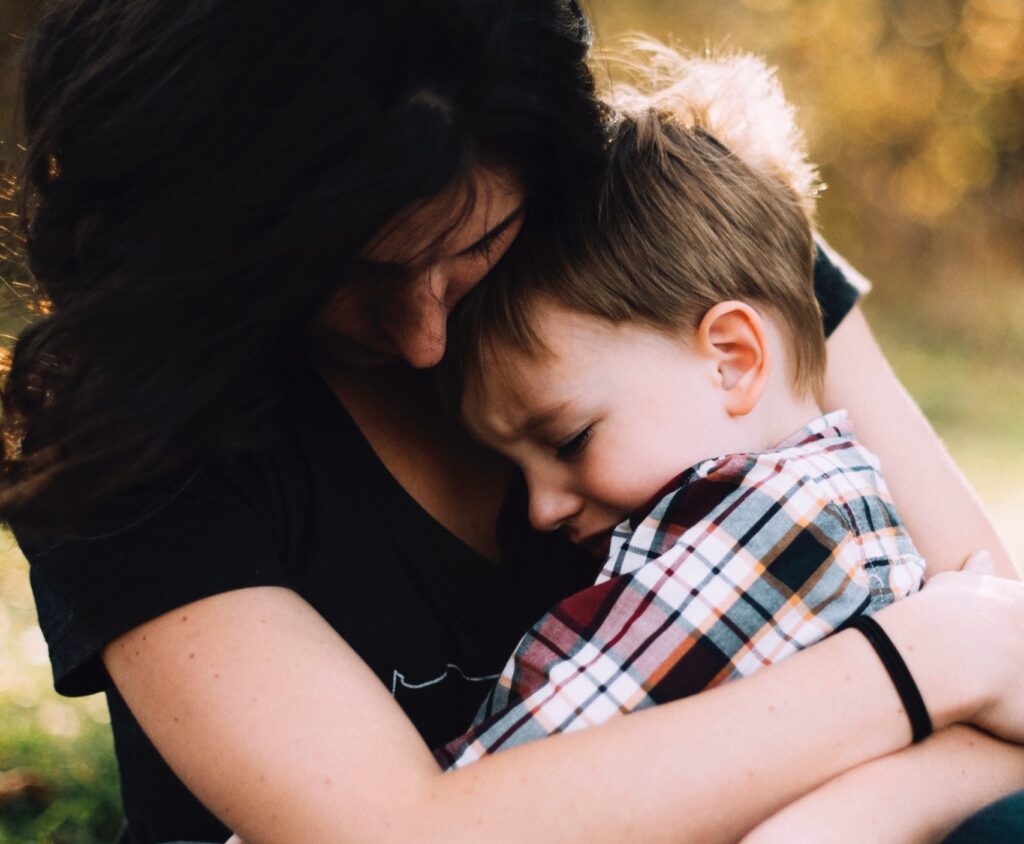With schools and workplaces closed and public life suspended, parents are struggling to juggle childcare and remote work, while also managing their child’s anxiety and their own anxiety about COVID-19. There are a variety of different expressions of anxiety in children, including: reassurance-seeking, reluctance to separate from parents, physical symptoms like headaches or stomachaches, trouble sleeping, moodiness and irritability, and acting out with tantrums or meltdowns. The goal isn’t to eliminate the anxiety, but to help a child manage it. Here are some parenting tips to help children manage their anxiety:
Keep daily routines in place
Establishing and sticking to a regular schedule that involves exercise, regular meals and healthy amounts of sleep are key to regulating our mood and managing anxiety. Consistency and structure are calming during times of stress. Kids, especially younger ones or those who are anxious, benefit from knowing what’s going to happen and when.
If your routine is no longer possible because of COVID-19 safety measures, look for ways to be flexible and start a new routine, like taking a daily family walk, doing a puzzle, or having family game time in the evening. The schedule can also mimic a school or day camp schedule, changing activities at predictable intervals, and alternating periods of study and play. It may help to print out a schedule and go over it as a family each morning. Setting a timer will help kids know when activities are about to begin or end. Having regular reminders will help head off meltdowns when it’s time to transition from one activity to the next.
Stay in touch virtually
Keep your child’s support network strong. Socializing plays an important role in regulating mood/anxiety. Use of social media (within reason), texting, Skype or FaceTime can help children stay connected to peers. Communication can help kids feel less alone and mitigate some of the stress that comes from being away from friends. Technology can also help younger kids feel closer to relatives or friends they can’t see at the moment.
Make plans and increase a sense of control
It often seems that the current pandemic is largely out of our control, and it’s important to be proactive about what we can control in the near future. Making plans is one such way to increase a sense of control and feel reassuring for kids. Plans can include virtual play dates or cooking a favorite meal. Assign kids tasks that will help them feel they are a valuable part of the plan.
Keep kids in the loop, but keep it simple
Talk to your children in a clear, reasonable way to help them understand what’s going on, while being mindful that they don’t need to know every detail that might worry them.
Validate your child’s feelings of anxiety, but try not to reinforce or amplify fears
You want to listen and be empathetic, help kids understand what they are anxious about, and encourage them to feel that they can face her fears.
Look for the positive
It can be helpful to look for the silver linings in this stressful time, such as spending time together and playing more games. Remind kids of the positive things they are doing to take care of themselves and other people (like practicing social distancing and washing their hands).
Check in with younger children
Plan to check in periodically and give kids the chance to process any worries they may be having. Pick a calm, undistracted time and gently ask how they’re feeling and make sure to respond to anxious outbursts in a consistent, calm, comforting way.
Try to model stress tolerance and healthy anxiety management techniques
How we manage anxiety has a significant impact on our children. There is evidence that kids of anxious parents are more likely to exhibit anxiety themselves, due to a combination of genetic risk factors and learned behaviors. But the transmission of anxiety from parent to child is not inevitable; there are strategies to help manage your anxiety and, in turn, your child’s anxiety. That means managing your own stress as effectively as possible, in addition to helping your kids manage theirs.
For those moments when you catch yourself feeling anxious or overwhelmed, step away and take a break- perhaps by taking a shower, going outside or into another room, and taking a few deep breaths. Stop yourself if notice that you are getting into the “what ifs” or catastrophic thinking. Focus on the here-and-now and what you are doing in the moment rather than getting caught up in the future or the past. It will help if you can set aside regular times to practice mindfulness, a tool to help people stay grounded and calm in the present. Parents can practice mindfulness alone or with children.
It’s also okay, and even healthy, for children to see their parents cope with stress at times. Talking about anxiety gives children permission to feel stress and sends the message that stress is manageable.
A mental health professional also can help you, as well as your child, work through methods of anxiety management that will suit your specific needs.

